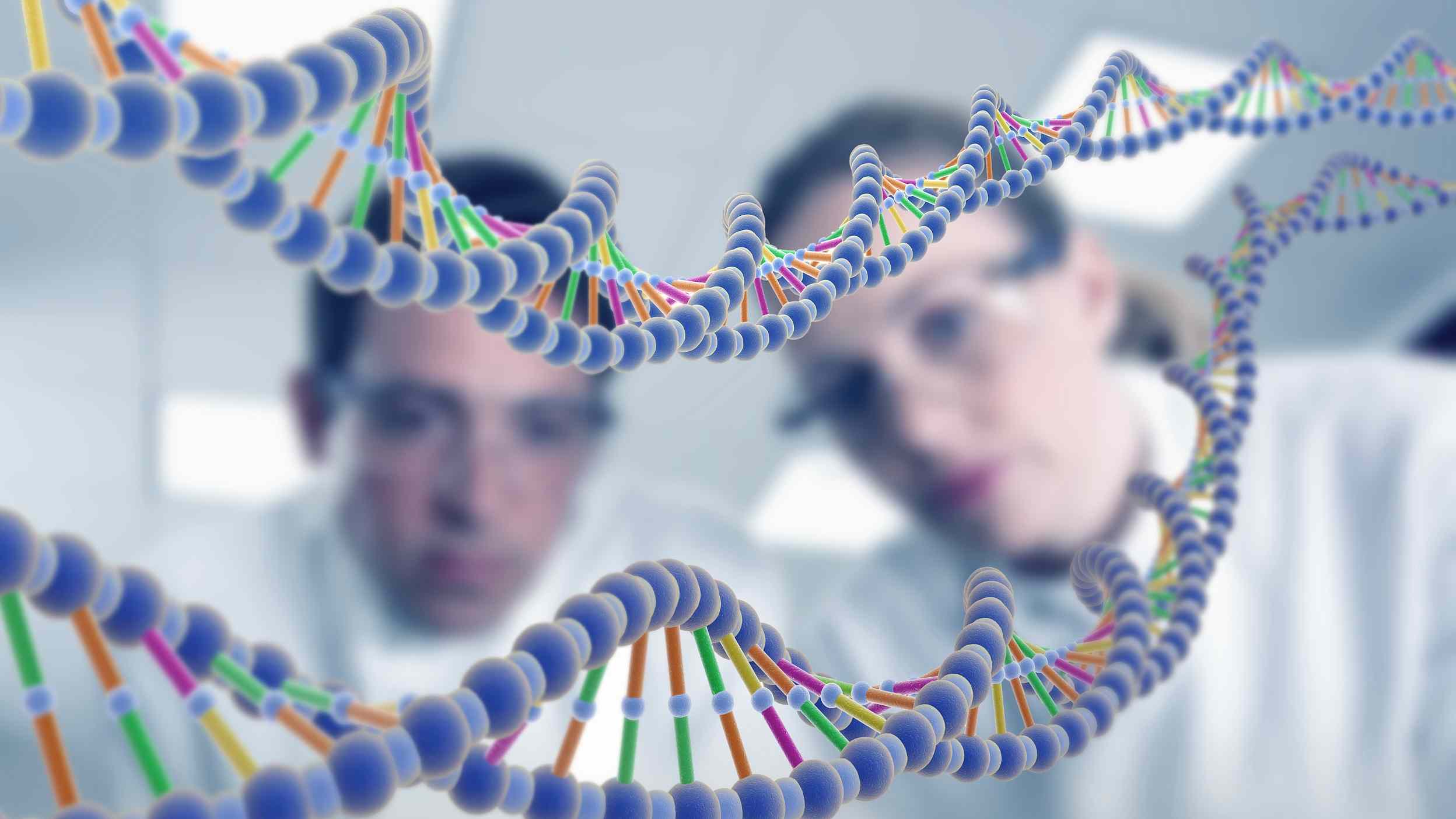
Business
15:47, 07-Jan-2019
Personalized genetic analysis gaining popularity in Japan
Updated
15:40, 10-Jan-2019
By Mayu Yoshida
02:56

DNA testing to pre-screen diseases is gaining popularity in Japan as more and more people take matters into their own hands in search of healthy life in one of the fastest aging societies in the world.
Yusuke Kawase is one of DNA test takers who has changed eating habits. The test recently revealed that he is at risk of contracting esophageal cancer which both his grandparents also suffered from.
“Before I got my DNA tested, I would just eat meat or rice. But after I got the results, I started to exercise more and eat more vegetables because I want to stay fit and watch my daughter grow old. My wish is to walk on my own feet until the day before I die,” he said.
Like many Japanese, Kawase believes in "pin pin korori" – which means stay healthy until the last day of your life. That's why in this health-conscious, aging society, there's a growing demand for home DNA testing kits. Testing firms, like Genesis, are benefiting from the trend. The company has screened DNA samples from more than 600,000 users since 2004.
Yusuke Nakanishi, chief operating officer (COO) of Genesis health care, said Japanese people are much focused on “health life expectancy”. “It's not about living a long life, but about how long you can stay fit and be active. Japanese users are using DNA kits to prevent cancer risks or delay diseases so they can boost health expectancy.”

VCG Photo
VCG Photo
In exchange for a saliva sample, the results from the DNA kit will reveal clues to more than 300 types of diseases, illnesses, and allergies, including over 30 types of cancers. It will also give you dieting and beauty care tips based on your DNA.
The global direct-to-consumer genetic testing sector is expected to triple over the next five years to 300 million U.S. dollar. In Japan, recent data suggests the market will grow into a 59-million U.S. dollar by 2022. Analysts say growth will depend on how effective DNA testing will be in solving Japan's demographic issues.
Umiyoshi Sakai, director of equity research at Credit Suisse Securities Japan said DNA high-tech help reduce Japanese security spending. “For now, home DNA test kits can only alert risks to individual users. But once we take these findings and cross reference them to more systematical data, we can use these technologies to prevent diseases.”
At the moment, there are no legal restrictions on home genetic testing in Japan. But officials are raising concerns over the quality of some DNA testing kits. And skeptics say test results may screen for predisposed illnesses, but it's still up to the person to lead a healthy lifestyle. For some, though, it may be comforting to know than to not know what's in their genes.

SITEMAP
Copyright © 2018 CGTN. Beijing ICP prepared NO.16065310-3
Copyright © 2018 CGTN. Beijing ICP prepared NO.16065310-3